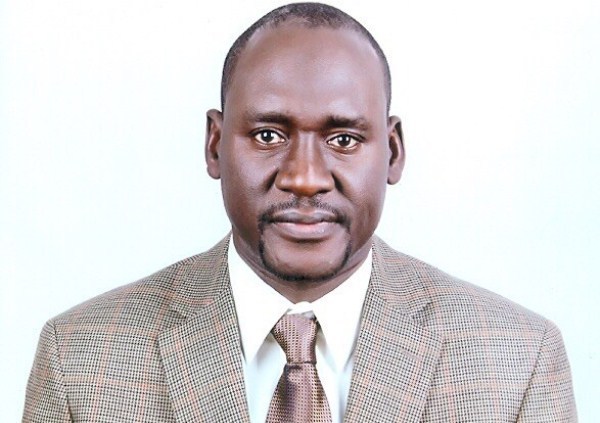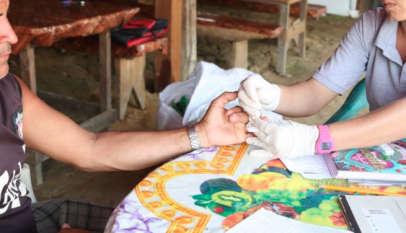CPI 2018: Transparency International, CISLAC say more is required in Nigeria’s anti-graft war
The 2018 Corruptions Perceptions Index (CPI) released globally today revealed Nigeria had neither improved nor progressed in the perception of corruption in the public administration in 2018. The newly released index published in Nigeria exclusively by the Civil Society Legislative Advocacy Centre (CISLAC) and Transparency International, showed Nigeria scored 27 out of 100 points in the 2018 CPI, maintaining the same score as in the 2017 CPI.

“In the country comparison, Nigeria ranks 144 out of 180 countries this year as opposed to 148 out of 180 countries in the 2017 CPI. Nigeria is thus still perceived as highly corrupt, and although the ranking shows that Nigeria moved up four (4) places, it only means that four other countries have scored worse while Nigeria stagnated,” said Auwal Musa Rafsanjani, CISLAC’s executive director and Head of Transparency International (Nigeria) while addressing a press conference in Abuja on Tuesday.
The Corruption Perceptions Index (CPI) aggregates data from varied impartial, well-respected, statistically significant and evidence-based sources which provide perceptions of business community and country experts of the level of corruption in the public sector. In the case of Nigeria, the sources were the African Development Bank Perception Survey; Bertelsmann Foundation Transformation Index; Economist Intelligence Unit Country Ratings. Others were the World Bank Corruption Perception Assessment; the World Economic Forum Executive Opinion Survey; and the World Justice Project Rule of Law Index.
CISLAC blamed the lack of progress in the fight against corruption, as shown in the 2018 edition of the CPI, as a consequence of partial or non-implementation of recommendations issued by corruption experts and activists and regretted that despite corruption in procurement being responsible for around 70% of the aggregated corruption in the public administration, the National Procurement Council (NPC) had still not been inaugurated.
“Furthermore, the public image of the anti-corruption campaign in Nigeria is tarnished domestically and internationally with extremely slow progress to move on numerous anti-corruption commitments made by the Government. 14 commitments were made as part of the Open Government Partnership [OGP] effort. In some cases, a modest progress has been made. However, majority of the 14 commitments are unfulfilled,” said Rafsanjani.
He said lack of public participation and active reporting of corruption was seriously hindered by the absence of the Whistleblower Protection Act “that would ensure the protection of the whistleblowers from dismissals, suspensions, harassments, discriminations or intimidation. Let us be clear, no country can make progress without insider reportage of corruption abuses.”
CISLAC thus recommended, amongst others, the strengthening of the institutions responsible for maintaining checks and balances over political power by ensuring their ability to operate without intimidation; closing the implementation gap between anti-corruption legislation, practice and enforcement as well as a free and independent media including ensuring the safety of journalists and their ability to work without intimidation or harassment.













